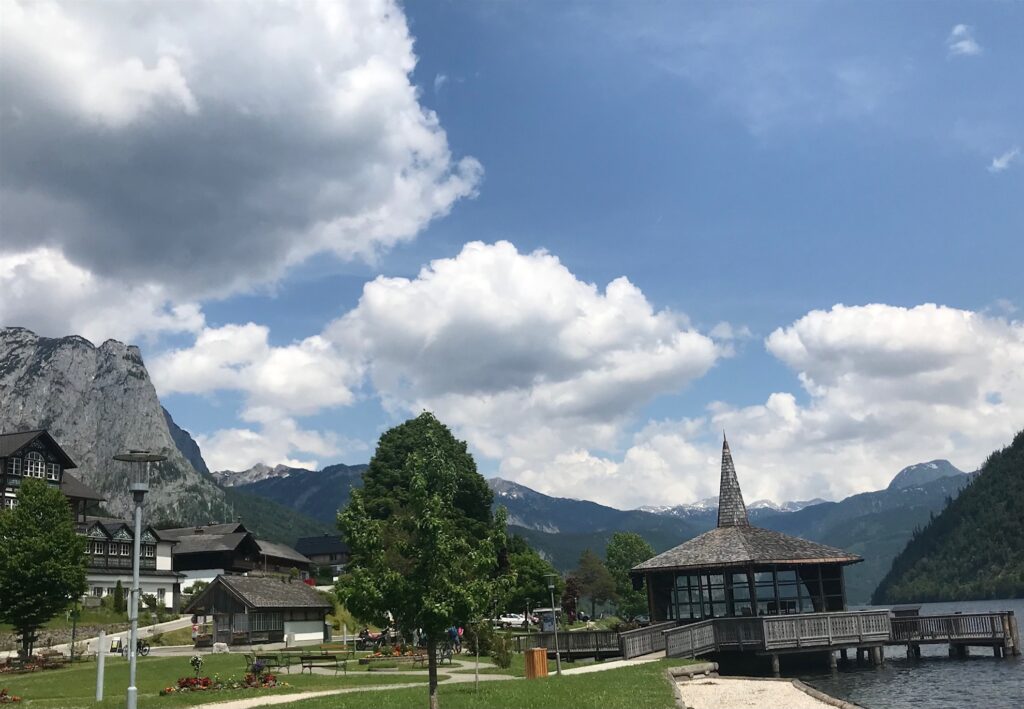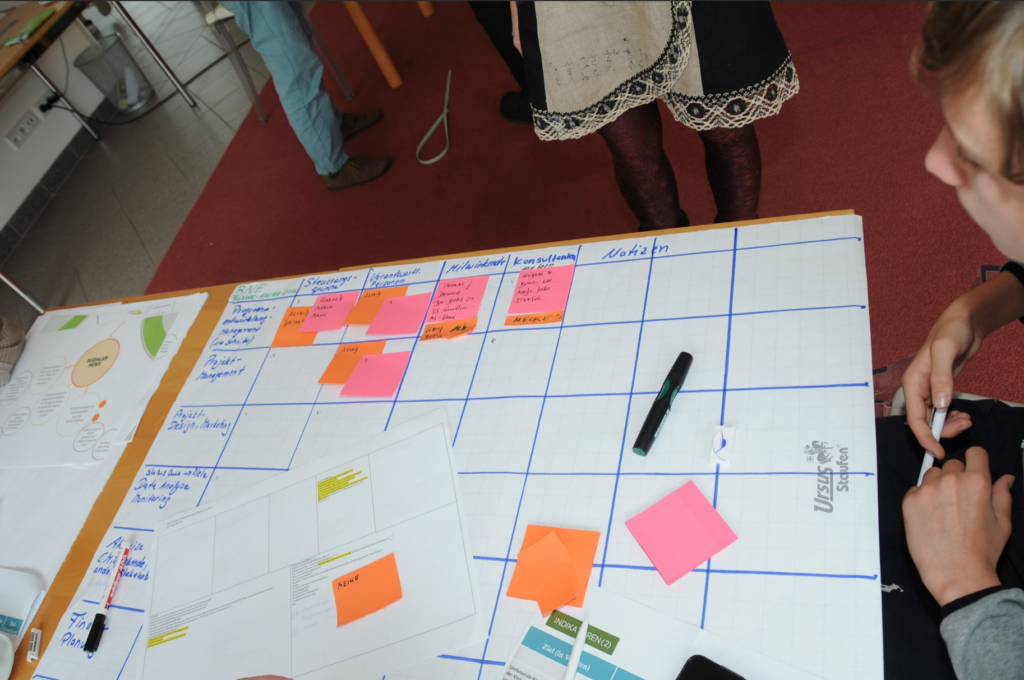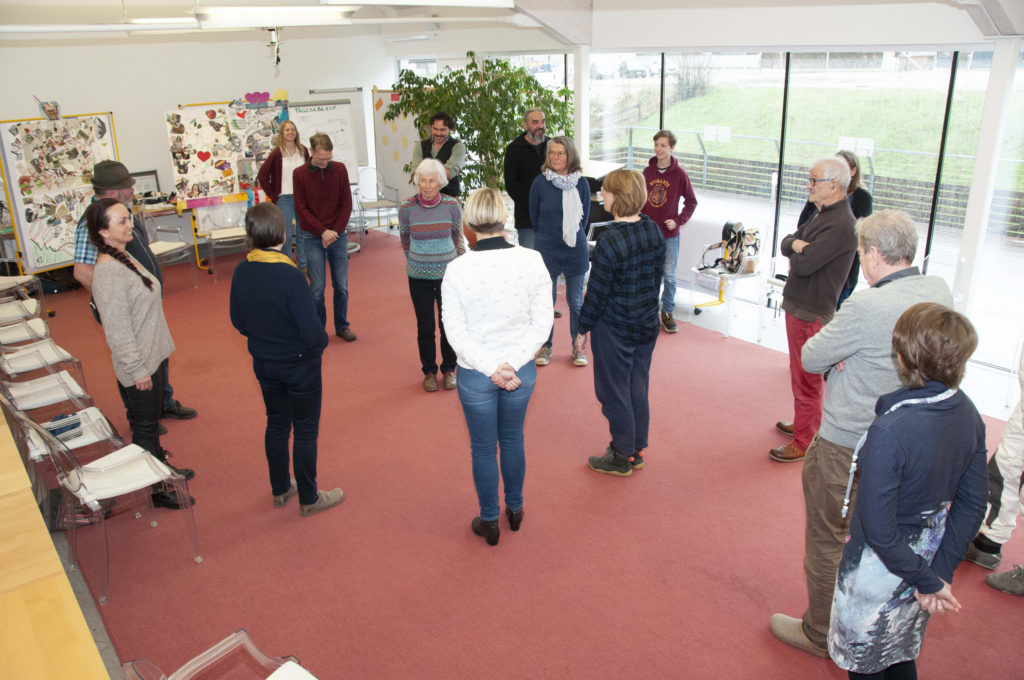
After we have dealt intensively with the goals of the participants in the first two workshops and with the system in which these goals interact and finally (can) work together, this time (again in Bad Ausseer Kommhaus from 9:00 a.m. to 4:30 p.m.) we will focus on how these goals can be achieved in view of the climate crisis. Mathias Kirchner from the University of Natural Resources and Applied Life Sciences will, after a short review of what has been worked out so far, give insights from current climate research and deepen what Helga Kromp-Kolb has already given us to start with. The aim is to show in concrete terms how the goals formulated so far by the participants in the topics/areas of life that have been identified as important can be achieved.
Local economy: strengthening regional value creation, alternative mobility, strengthening small and medium-sized enterprises.
Agriculture: number of farms, income and prices for food, organic farms
Education: learning with regard to the person and the individual, attitude/handling of death, competence in dealing with people
Community: honorary commitment, communicative fellow citizens, promotion of associations
will be affected by climate change.
“You can’t manage what you don’t measure” is a widespread management wisdom. I can only achieve goals if I formulate them concretely. This “wisdom” is particularly important to us in the Austrian Chapter of the Club of Rome!
How can we know whether we are getting closer to our goals (can achieve them in the planned time)? Those who set out to achieve their goals not only define their goals themselves, but also the yardstick (the indicators) by which they want to measure progress towards their goals. So how do we want to measure the goal of a good life? That is what this coming Saturday is about.
It is about “adapting” to climate change in such a way that the people in the region can realise their goals as far as possible (we are different from what we thought). Ultimately, this is the only way to measure the success of adaptation to climate change.
It should help us to successfully set out on the path to a good future, even in times of climate crisis. We are looking forward to many participants – also from people who could not attend the first two workshops. Participation is of course free of charge! The future of the region is at stake. And many people are working on it on a voluntary basis – from the Ausseerland, the Salzkammergut, the Totes Gebirge, but also from Vienna and Salzburg.


